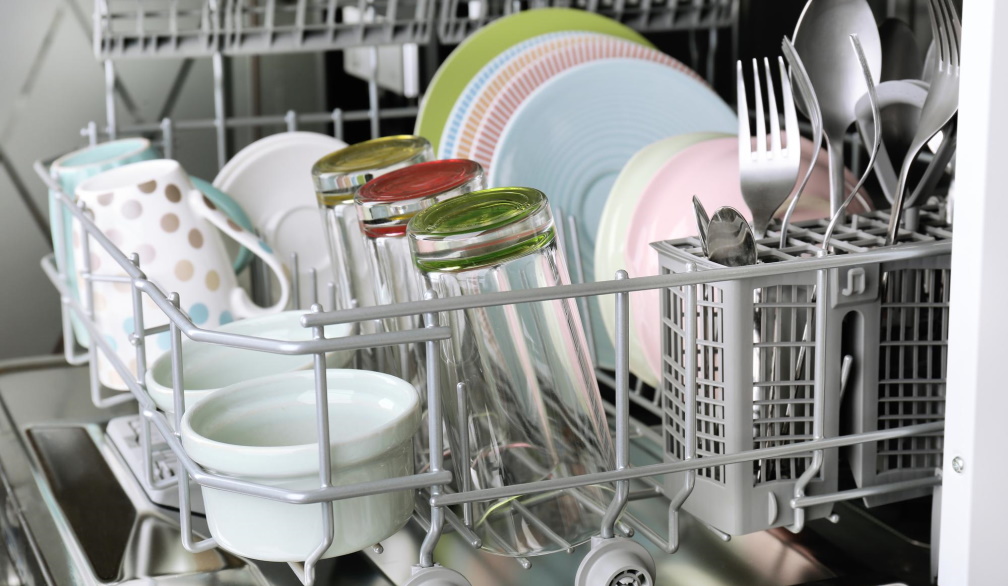What Are The Most Common Dishwashing Mistakes And How To Avoid Them
- Written by NewsServices.com

The dishwasher has always been a reliable kitchen companion that takes the stress of hand-washing dishes away from you. So, when your dishwasher breaks down, you’re probably left in a bind, and you might wonder how it’s gotten there so quickly, especially when you feel you’ve been using it the right way. However, certain things you are doing or have done to your dishwater might shorten its lifespan and reduce its efficiency, even if they felt right. Here are some common dishwashing mistakes you’re probably making and how to avoid them.
Overloading the unit
Overloading your dishes can easily get damaged, as they will bump into each other during the wash and prevent them from thoroughly cleaning. While it might be tempting to cram in all your dirty dishware to save time, it’s better to use the space efficiently and in a more organised manner. That way, your dishes will be safe and also spick and span.
Not cleaning the filters
If you’ve noticed that your dishwasher has an unpleasant or foul odour, you’re likely not cleaning the filters well enough. Plus, your dishwasher will be unsafe for washing if any leftover residue clogging up your filter remains.
You must regularly inspect and clean your filter to improve the smell and prevent leftover build-up. Try to clean your dishwasher’s filter as much as possible every 3-4 weeks. Call your local plumber if there’s too much residue or you can’t navigate your way around your filter.
Not using rinse aid
Rinse aid is an amazing tool that solves many dishwashing problems at once. Firstly, it gives your dishes an extra shine compared to basic detergent and water. Next, it can fight off bacteria growth on your dishes and your machine. If you have hard water that makes it difficult for your detergent to lather gently, a rinse aid will soften it for you and make drying much easier.
The good news is that most dishwashing detergents come with a rinse aid. But if yours doesn’t, you can buy it individually and include it in your washing cycles. To prevent streaks from appearing on your dishes, check your rinse aid levels first.
You load some glasses or mugs on the bottom rack
Location is extremely important when arranging your dishware in your dishwasher. If you’re close to having a full load, you might be tempted to place your glasses or mugs in any area, as long as they fit perfectly. But you might be giving yourself extra work when you do that. Have you noticed that you end up hand-washing the mugs because you didn’t give them a proper wash? To prevent that from happening, place all your glasses and mugs face-down on the bottom rack to make it easier for the water to reach inside.
Now that you know some of the most common dishwater mistakes and how to avoid them, you will start to see amazing results in your dishwater’s performance.




